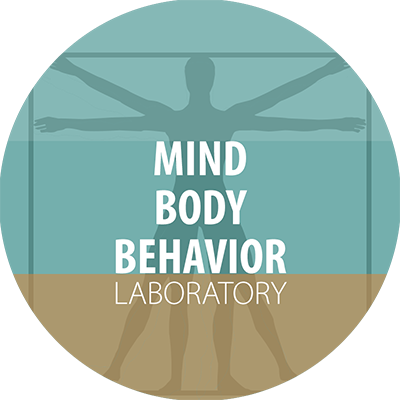I Can Be Mindful:
Implementation of a mindfulness-based camp for young children in an early learning setting
The purpose of this study is to provide a rich description of the process of implementing a 4-week mindfulness-based day camp within a University Laboratory Preschool utilizing a participant observer approach. Study recruitment included male and female children who attended a preschool day camp –I Can Be Mindful. Data was collected through case report, video and audio recording, and focused observations. Study findings may help to improve procedures for implementation of early childhood education mindfulness-based interventions. Virginia Sawyer, PI – Undergraduate Honors Project, BS Health Behavior Science Senior, 2016.
MEOW:
Mindful Employee and Occupational Wellness
The Department of Behavioral Health and Nutrition with the collaboration of Employee Wellness created a stress management program for University of Delaware’s employees, rooted in mindfulness-based interventions, for University of Delaware employees. The study consisted of six, one-hour workshops for University employees who participated, over a six-week period.
The study specifically investigated:
- The feasibility and process of developing and implementing a stress management program for University of Delaware employees, rooted in mindfulness-based interventions.
- Measuring participants’ pre and post stress levels.
ESCAPADE:
Examining Survivors of Cancer and Physical Activity in Delaware
A community-based physical activity needs assessment for the Delaware cancer community was conducted via a series of individual interviews and focus groups, in order to inform future physical research and exercise programs for Delaware cancer survivors. Participants involved included; cancer survivors and their families, cancer care health service providers, and representatives of community-based cancer agencies.
The study specifically investigated:
– Community knowledge of the connections between physical activity and cancer care.
– Physical activity preferences and resources available to Delaware cancer survivors.
– Identify physical activity in cancer care priorities in Delaware.
Sponsored by:
Implementing health coaching within a cooperative extension diabetes education program.
The purpose of this study was to assess the need for a health coaching program for those with diabetes enrolled in a Dining with Diabetes educational program through the University of Delaware’s Cooperative Extension. This study involved four focus groups, each consisting of 6-10 participants. Questions related to diabetes, the existing cooperative extension diabetes education program, and health coaching were asked. Focus group sessions were audio recorded and transcribed. Four major themes were identified: 1) advantages and disadvantages of the Dining with Diabetes education program, 2) the lack of ability to personally apply educational material to individual lives, 3) the usefulness of planning or goal-setting, and 4) the request for a health-coaching program for people with diabetes. This study resulted in preliminary suggestions for the development of a Dining with Diabetes group health coaching program with peer one-on-one coaching included in the lessons. Sarah Bercaw, PI – MS Health Promotion, 2015.
Best possible self imagery: does perspective impact optimism?
Optimism is a general positive expectancy for the future and is linked with psychological well-being. Imagining one’s best possible self (BPS) has been shown to increase optimism. The purpose of this study was to investigate whether perspective used during an acute BPS imagery exercise affected changes in optimism in university students. Participants in the intervention conditions imagined their BPS through field (n=23) or observer perspective (n=20). The control group (n=25) imagined a typical day in their life. Feelings, positive and negative future expectancies, and positive and negative affect were measured immediately before and after the intervention. In comparison to the control condition, BPS participants in both groups (field, observer) saw increased levels of optimism and improvements in feelings and affect. Only one variable significantly differed between the two perspectives. Those imagining their BPS through field perspective saw greater relative increases in positive future expectancies. Regardless of perspective, BPS is an effective strategy to improve optimism and affect. Jillian Jatres, PI – MS Health Promotion, 2015.




